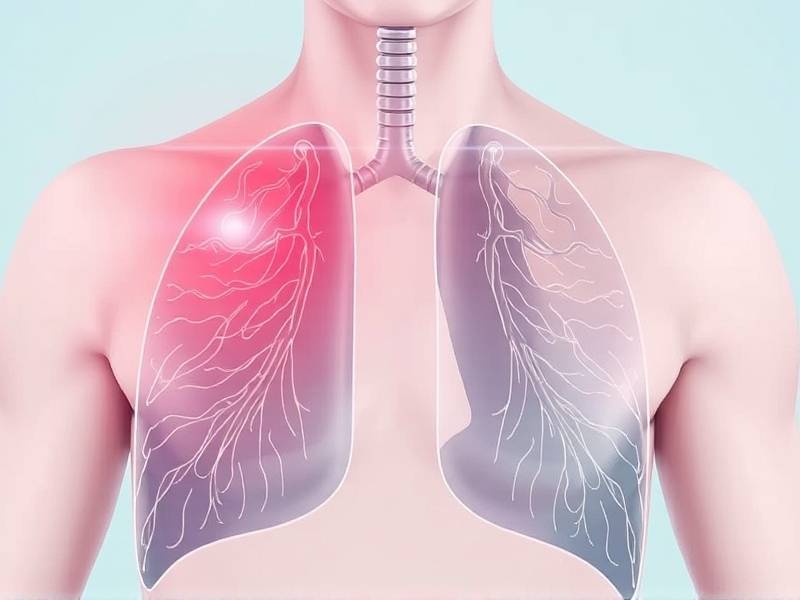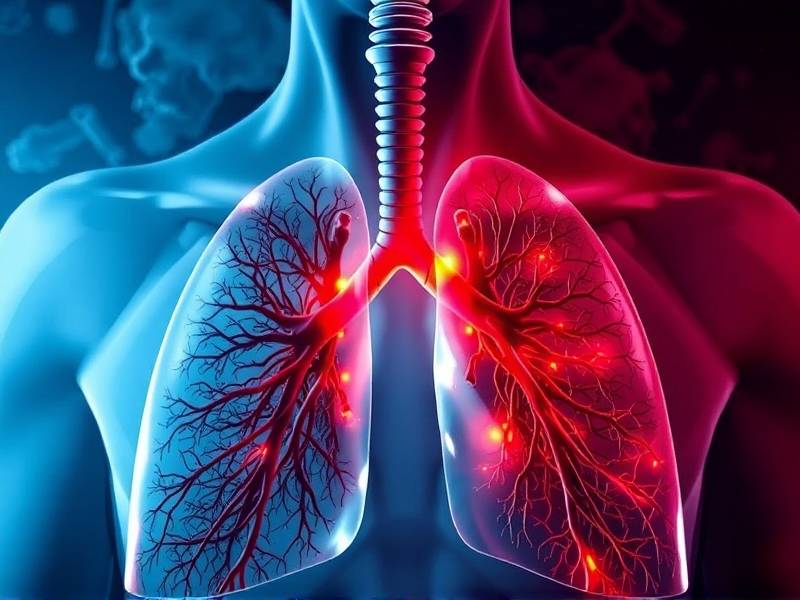Will Your Lungs Regenerate If You Quit Smoking?
The Journey to Lung Regeneration: Can You Quit Smoking and Restore Your Lungs?
Introduction: The question of whether your lungs can regenerate after quitting smoking is one that plagues many smokers who are considering the switch. While the damage caused by smoking is irreversible, there is hope that with time, your lungs can repair themselves to some extent. In this article, we will explore the process of lung regeneration, the factors that affect it, and how quitting smoking can help in this journey.
I. Understanding Lung Damage from Smoking Smoking causes significant damage to the lungs by exposing them to harmful chemicals and toxins. These substances lead to inflammation, scarring, and impaired function of lung tissues. Chronic exposure to these toxins can lead to various respiratory diseases such as chronic obstructive pulmonary disease (COPD), emphysema, and lung cancer.

II. The Process of Lung Regeneration The human body has a remarkable ability to repair itself, including certain aspects of lung tissue. When you quit smoking, you give your lungs a chance to begin the healing process. Here's how it works:

- Reduction in Inflammation: Within a few days of quitting smoking, your body starts reducing inflammation in the lungs.
- Improved Oxygen Supply: Over time, your blood vessels start dilating again, allowing for better oxygen supply to the tissues.
- Decreased Coughing and Phlegm Production: As inflammation decreases and lung function improves, you may notice a reduction in coughing and phlegm production.
- Repair of Damaged Tissue: While not all damaged tissue can be repaired completely, your body begins replacing some of it with new tissue.
III. Factors Affecting Lung Regeneration Several factors influence how quickly your lungs can regenerate after quitting smoking:
- Age: Younger individuals tend to have better chances of regeneration compared to older adults.
- Duration of Smoking: The longer you smoke, the more damage accumulates in your lungs.
- Amount Smoked Per Day: Smokers who smoked heavily may experience slower regeneration compared to those who smoked less frequently.
- Overall Health: Individuals with good overall health may recover faster than those with pre-existing health conditions.
IV. Benefits of Quitting Smoking Quitting smoking has numerous benefits for your lungs and overall health:
- Reduced Risk of Developing Respiratory Diseases: By quitting smoking, you lower your risk of developing COPD, emphysema, and lung cancer.
- Improved Lung Function: Within a few years after quitting smoking, you may notice an improvement in lung function and breathing capacity.
- Enhanced Quality of Life: Quitting smoking can lead to better overall health and well-being.
Conclusion: While it's impossible for your lungs to fully regenerate after years of smoking damage, there is hope for improvement with time and cessation of this harmful habit. By quitting smoking today, you give yourself a chance at better health and potentially improved lung function in the future. Take that first step towards a smoke-free life – it's worth it!
